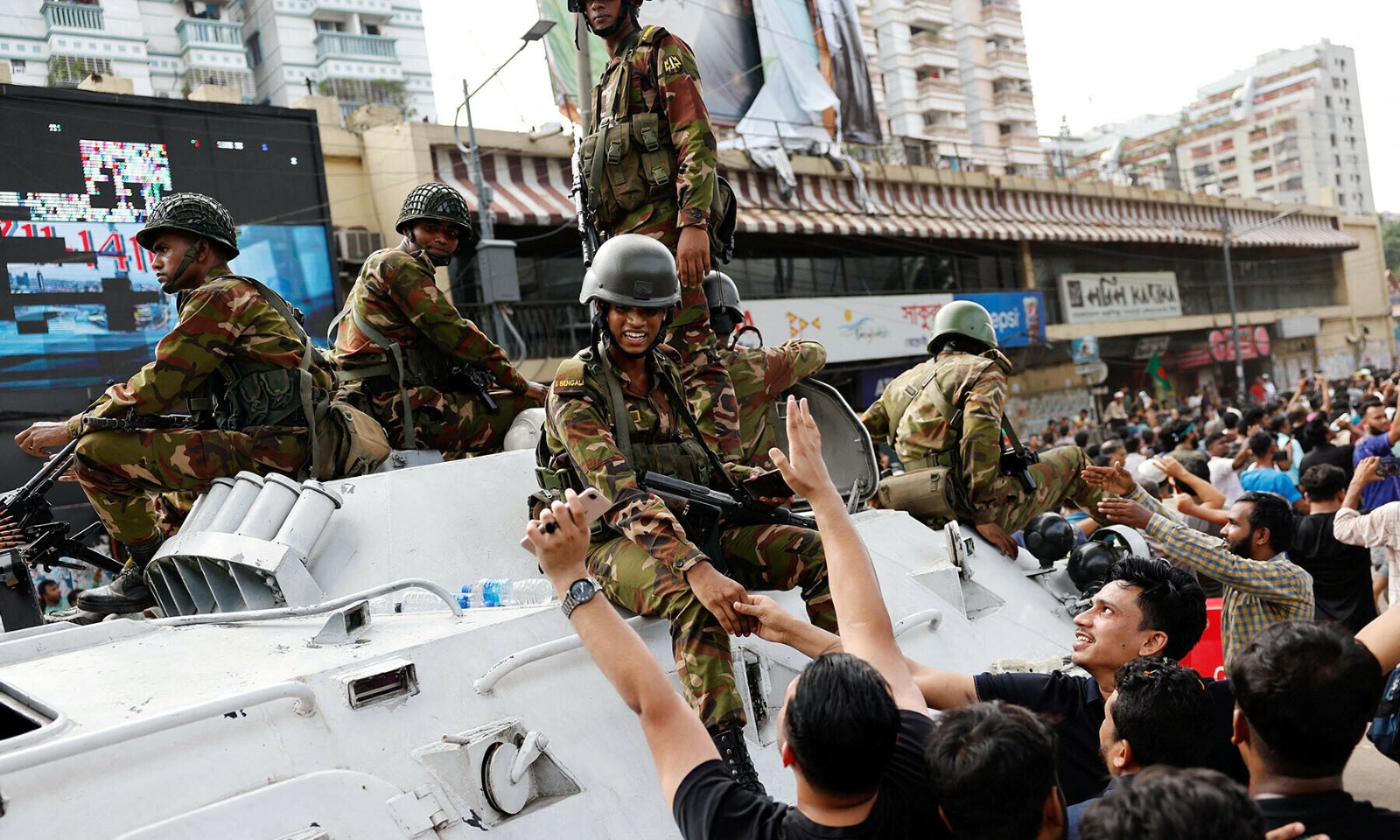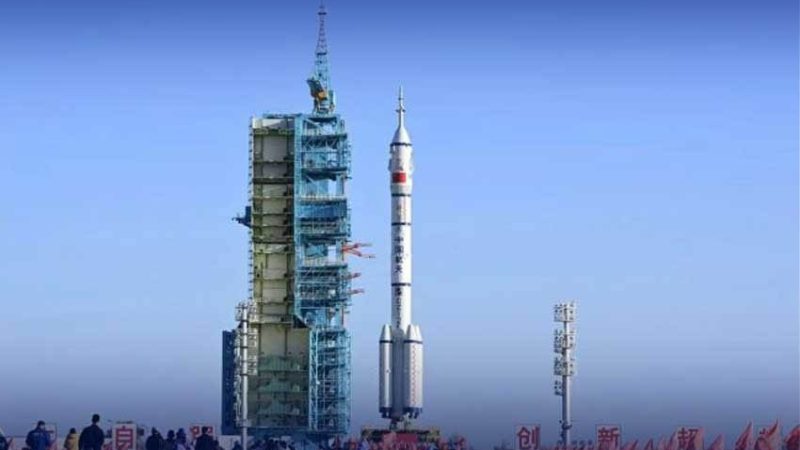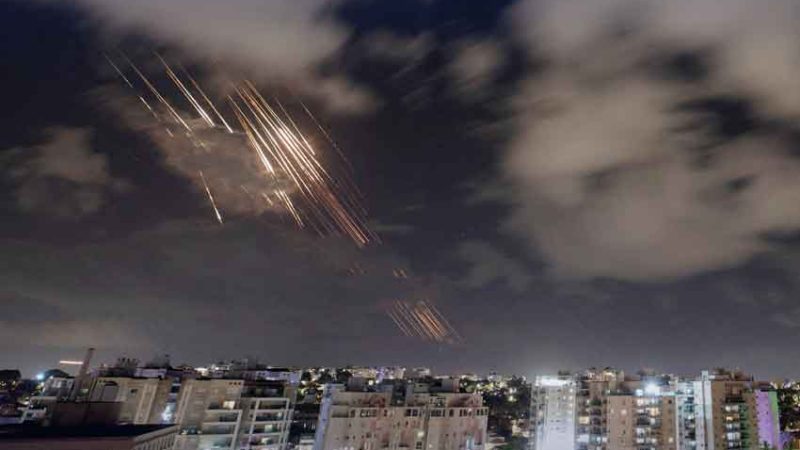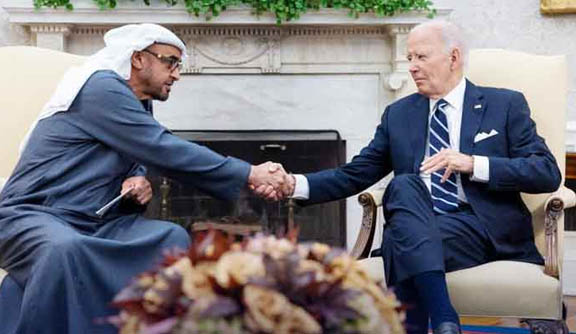Bangladesh Army’s Refusal to Suppress Protests Seals Hasina’s Fate

The night before long-time leader Sheikh Hasina abruptly fled Bangladesh amid deadly protests, the army chief convened a meeting with his generals and decided that troops would not use force against civilians to enforce a curfew, according to two serving army officers who spoke with Reuters.
General Wakeruz Zaman subsequently informed Hasina’s office that his soldiers would be unable to implement the lockdown she had called for, an Indian official briefed on the matter said. The message was unmistakable: Hasina had lost the army’s support.
This online meeting and the withdrawal of military backing have not been previously reported, but they provide crucial context for the chaotic and sudden end of Hasina’s 15-year rule, which concluded on Monday when she fled to India.
The nationwide curfew was imposed after at least 91 people were killed and hundreds injured in clashes across the country on Sunday, the deadliest day since student-led protests against Hasina began in July.
Army spokesman Lt. Col. confirmed the discussions on Sunday evening, describing them as a routine update meeting following disturbances. However, he did not provide further details about the decision-making process during that meeting.
Hasina was unreachable for comment, and her son and advisor, Sajeeb Wazed, did not respond to multiple requests for comment.
The night after Hasina’s resignation, army personnel cleared an entrance to Ganabhaban, the prime minister’s residence, in Dhaka. Reuters spoke with ten people familiar with the past week’s events, including four serving army officers and two other informed sources in Bangladesh, to reconstruct the final 48 hours of Hasina’s rule. Most spoke on condition of anonymity due to the sensitive nature of the situation.
Hasina, who had governed Bangladesh for 20 of the past 30 years, was re-elected to a fourth term in January after arresting thousands of opposition leaders and workers. Her election was boycotted by major rivals.
Since summer, her firm grip on power had been challenged by protests triggered by a court ruling reserving government jobs for certain population segments. Though the ruling was overturned, the demonstrations evolved into a broader movement demanding Hasina’s removal.
Zaman has not publicly explained his decision to withdraw support, but the scale of the protests and a death toll exceeding 240 made continued support for Hasina untenable, according to three former senior Bangladeshi army officers.
“There was considerable unease among the troops,” said retired Brig. Gen. M. Sakhawat Hossain. “This likely pressured the chief of army staff, as the troops witnessed the unfolding situation firsthand.”
Zaman, who is related to Hasina by marriage, had shown signs of wavering in support on Saturday during a town hall meeting with officers. The military later made some details of this meeting public.
The general emphasized the need to protect lives and urged patience among his officers, according to army spokesman Chowdhury. This was the first indication that the army would not forcefully suppress the violent protests, leaving Hasina exposed.
Retired senior officers like Brig. Gen. Mohammad Shahedul Anam Khan joined the protests despite the curfew. “We were not stopped by the army,” said Khan. “The army did what it had promised.”
On Monday, the first full day of the indefinite curfew, Hasina was confined to the Ganabhaban, her heavily guarded residence in Dhaka. Outside, crowds gathered as tens of thousands answered the call to march against her.
With the situation spiraling out of control, Hasina decided to flee the country on Monday morning, according to the Indian official and two Bangladesh nationals familiar with the events. She and her sister, who was visiting Dhaka from London, left for India around noon local time.
Indian Foreign Minister Subrahmanyam Jaishankar told parliament that New Delhi had encouraged dialogue among various political forces throughout July. However, as crowds defied the curfew on Monday, Hasina decided to resign “after a meeting with security establishment leaders,” he added. “She requested approval for a temporary stay in India on very short notice.”
A second Indian official noted that it was diplomatically conveyed to Hasina that her stay should be temporary to avoid affecting Delhi’s relations with the next Bangladeshi government. The Indian Ministry of External Affairs did not immediately respond to a request for comment.
Late Monday afternoon, a Bangladesh Air Force C-130 transport plane landed at Hindon Air Base near Delhi, carrying Hasina. She was met by Ajit Doval, India’s National Security Advisor, according to the Indian security official.
India had played a role in the 1971 independence of Bangladesh from Pakistan, and after Hasina’s father was assassinated in 1975, Hasina took refuge in India and established strong political ties. Returning to Bangladesh, she gained power in 1996 and was seen as sensitive to India’s security concerns, favoring the 13 million Hindus in Bangladesh.
Despite her ties with India, resentment lingered among some retired soldiers in Bangladesh over her departure. “Personally, I feel she should not have been given safe passage,” said Khan. “That was a mistake.







